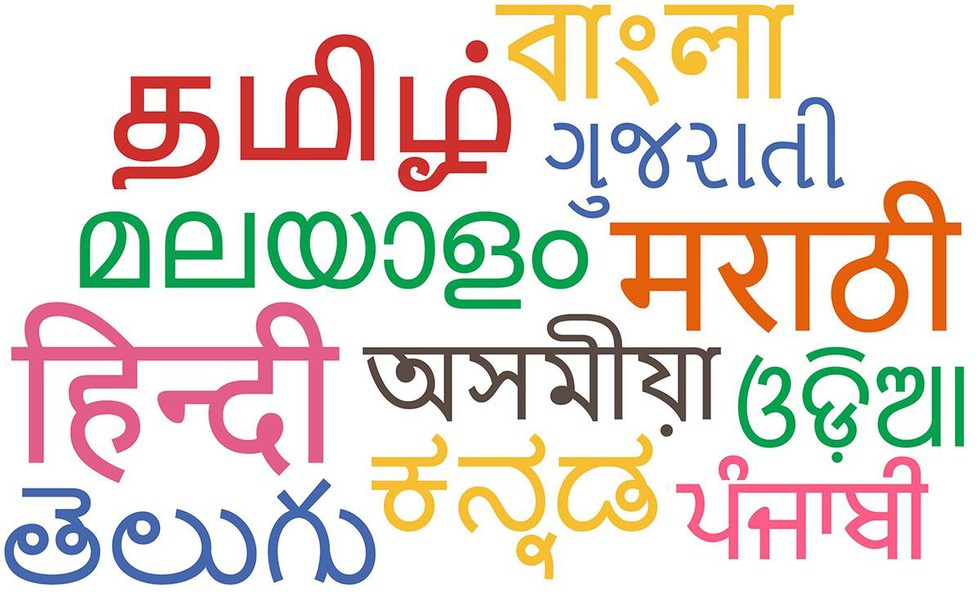Classical Language Status Criteria:
- The recognition of a classical language is based on criteria established by a Linguistic Experts Committee.
- According to the committee, the following revised benchmarks must be met for a language to be considered "classical":
- High antiquity of (its) early texts/recorded history over a period of 1500- 2000 years.
- A body of ancient literature/texts, which is considered a heritage by generations of speakers.
- Knowledge texts, especially prose texts in addition to poetry, epigraphical and inscriptional evidence.
- The Classical Languages and literature could be distinct from its current form or could be discontinuous with later forms of its offshoots.
- Other Recognised Classical Languages are: Tamil ( 2004), Sanskrit (2005), Telugu( 2008), Kannada (2008), Malayalam( 2013) and Odia (2014).
Benefits of Classical Language Status
- Once a language is designated as classical, the Ministry of Education provides various benefits to promote it, including:
- Two major international awardsannually for scholars of eminence in the language.
- Establishment of a Centre of Excellence for Studiesin the Classical Language.
- Requesting the University Grants Commission (UGC)to create Professional Chairs in Central Universities dedicated to the classical language.
